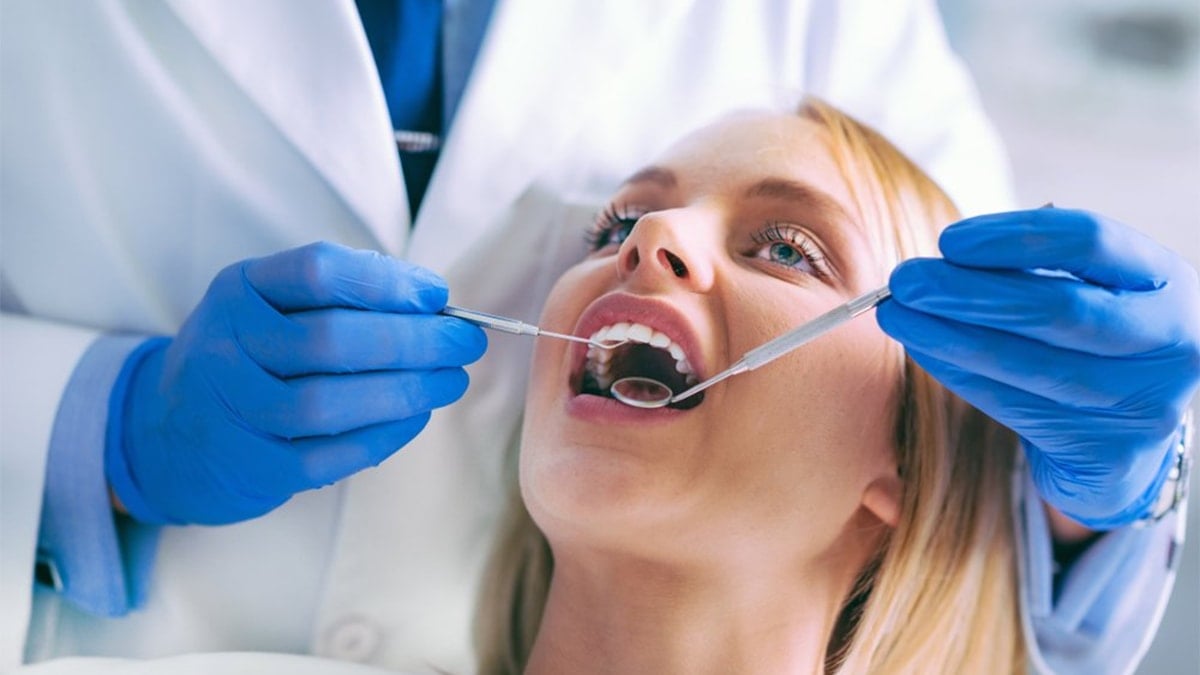Revolutionary treatment from Japan: Fallen teeth will grow back

The human body is composed of 206 bones, and they can repair themselves when damaged. However, the same is not true for teeth, the body's hardest structures. To address this deficiency, Japanese scientists are working on a method to allow teeth to regrow.
USAG-1 Antibody Plays a Key RoleThe research is based on the antibody USAG-1, which has been shown to inhibit tooth development. In 2021, scientists at Kyoto University developed a method that suppresses the effects of this antibody and triggers tooth formation. After positive results were obtained from animal experiments, the clinical phase began.
Human experiments have begun
Clinical trials have begun in September 2024 on 30 men aged 30 to 64 who are missing at least one tooth. The drug is administered intravenously and will last 11 months. The lack of side effects observed in previous animal tests is encouraging for scientists.

In later stages of the study, it is planned to treat children between the ages of 2 and 7 who are congenitally missing teeth. Kitano Hospital aims to implement the procedure in this age group. The goal is to make this treatment widely available safely by 2030.
“A NEW HOPE”Katsu Takahashi, who led the study, said, "We know that suppressing USAG-1 promotes tooth formation. Now we're testing whether this also works in humans." Takahashi emphasized that the treatment offers hope not only for children born with missing teeth, but for all individuals experiencing tooth loss.
SÖZCÜ





